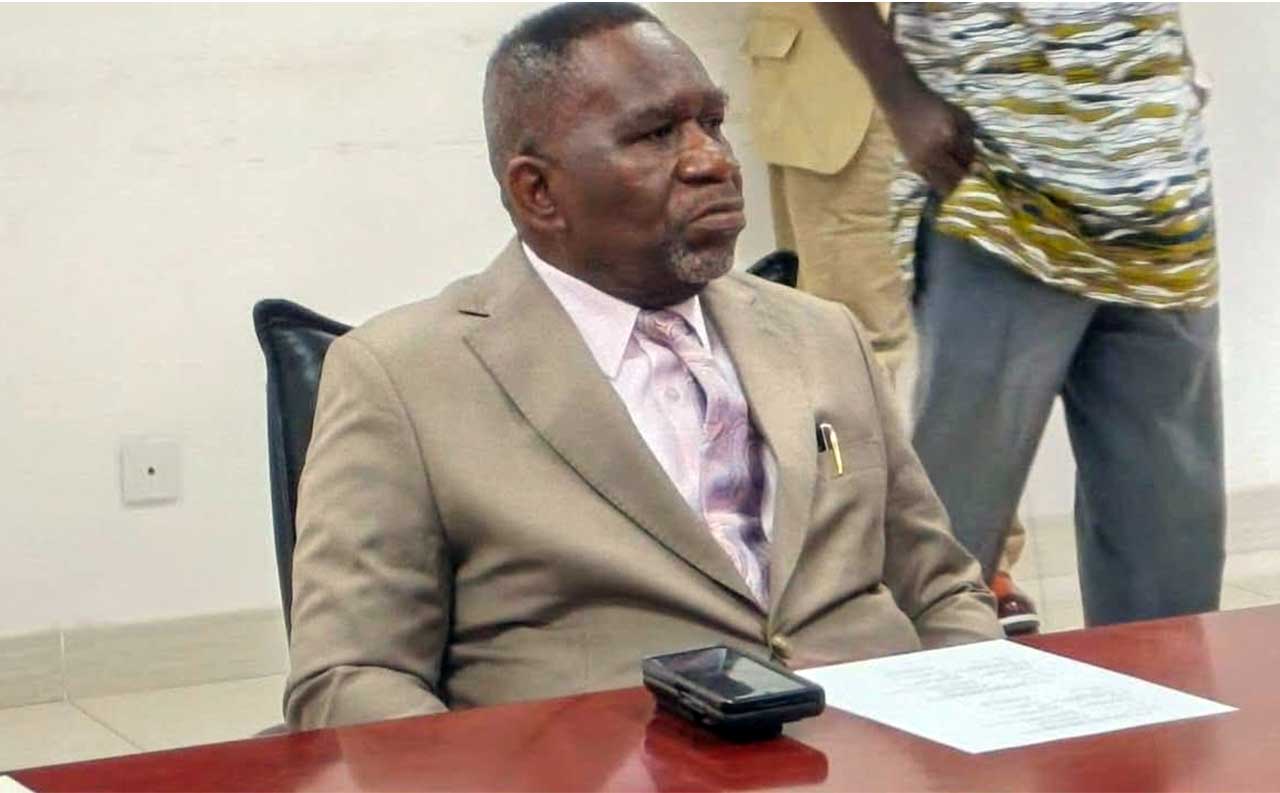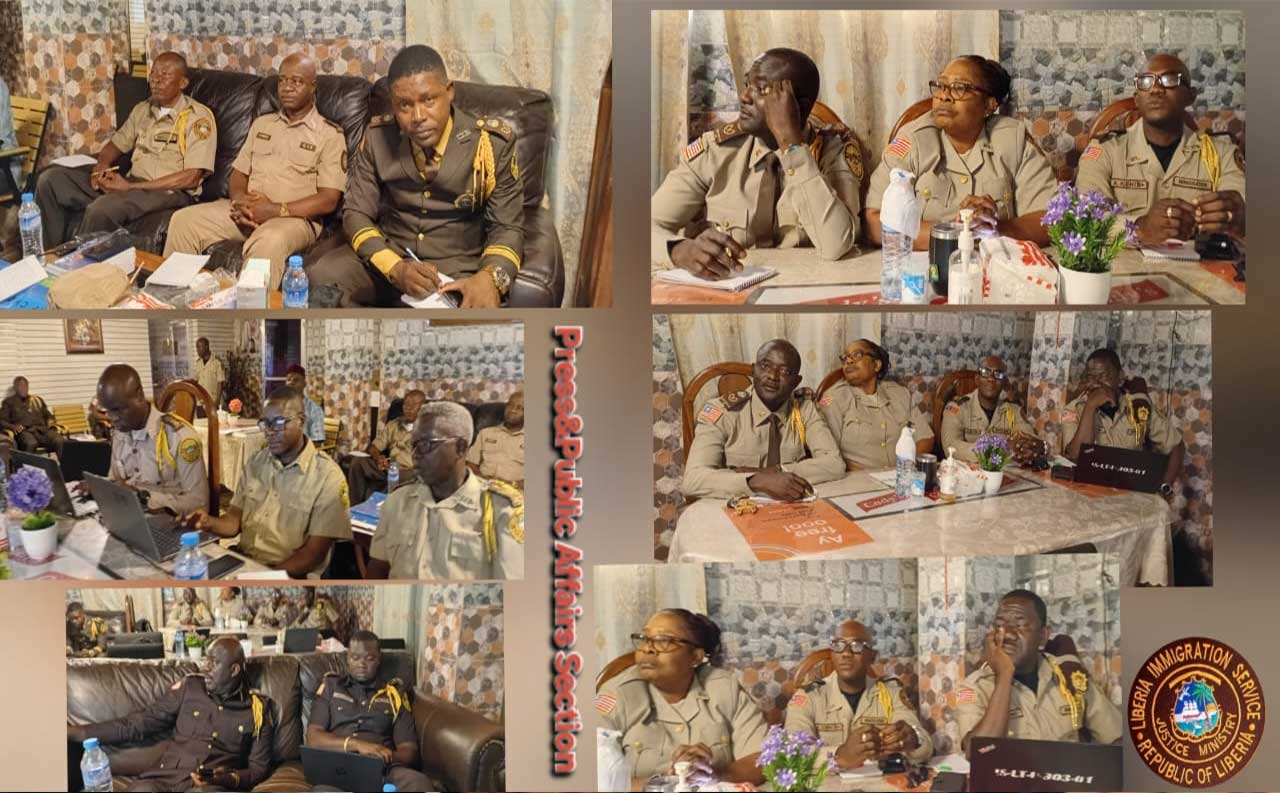Our attention is drawn to recent ruling of the Monrovia City Court Magistrate, Ben Barco, on June 13, 2025, which relied on the social media evidence presented by state prosecutors to transfer the arson case involving former speaker Jonathan Fonati Koffa and three fellow lawmakers to Criminal Court A that is responsible to hear such crimes.
During the preliminary hearing, state prosecutors failed to show from where they got their open source evidence, something that was objected to by the defense team. The social media evidence which didn’t show location where it was generated met a strong resistance due to its questionable validity or relevance.
However, Magistrate Barco relied one issue to determine the case. “Hence, the sole issue for the determination of this court is whether or not Prosecution did establish a prima facie case, such that Defendants can be held to further answer to the crimes as charged herein above”?
Magistrate Barco referenced RL v Chakpadeh, 35 LLR 715 (1988), Syllabus 4, the Supreme Court opined that a “Prima facie case is [a case] evidence sufficient to establish the fact unless rebutted.”
He added that presupposes all Prosecution needs to establish is that a crime was committed, and that it is likely that the accused might have committed the crime.
Hence, he said the standard in establishing a prima facie case is not proof beyond reasonable doubt but a determination as to the existence of a probable cause-that is, a reasonable ground to suspect that a person has committed a crime. See the Ninth Edition of Black’s Law Dictionary, P. 1321.
In his ruling, Judge Barco addressed allegations against defendants from the City of Monrovia, claiming they conspired to purchase explosives, including gasoline, which were used to set fire to the Joint Chambers of the Capitol Building on December 17, 2024, causing damages exceeding 1.8 million dollars.
The complaint also alleges that following a riot, the defendants brutally attacked a police officer, leaving him unconscious, and confiscated his weapon for personal use.
Magistrate Barco noted that state witnesses corroborated the events leading to the Capitol fire, detailing the roles of each defendant. Dixon Seboe was identified as the orchestrator, responsible for recruiting individuals for the attack and facilitating their escape. Abu Kamara was implicated as a financier who recruited so-called “actors” for the plot. Fonati Koffa is accused of having prior knowledge of the scheme, participating in discussions about the burning. Jacob Debbie reportedly overheard a conversation about the plan but did not inform law enforcement.
Judge Barco said he found sufficient grounds for probable cause, stating that the prosecution established a prima facie case against the defendants. The Clerk of Court was ordered to forward the case records to Criminal Court “A.”
The four lawmakers, including former House Speaker Koffa and Representatives Kamara, Debee, and Seboe, face multiple charges, including arson, criminal facilitation, criminal conspiracy, and attempted murder.
Given the foregoing instances surrounding this case, we urge the Ministry of Justice and the Judiciary to expedite the high-profile case without any form of manipulation or political interference.
This case serves as a critical test for our country’s legal system, as the entire world is closely watching the trial and is highly interested in its outcome.
Any attempts to politicize the trial or engage in financial maneuvering, whether in favor or against the defendants, will convey a strong message about the integrity of our judiciary system and our commitment to upholding law and order. Therefore, it is essential that the trial be free, fair, and transparent, based solely on the facts.




There was no sufficient evidence to transfer the case, no connection to crime that was committed by burning the Capitol building, the lawmakers have to be served free.